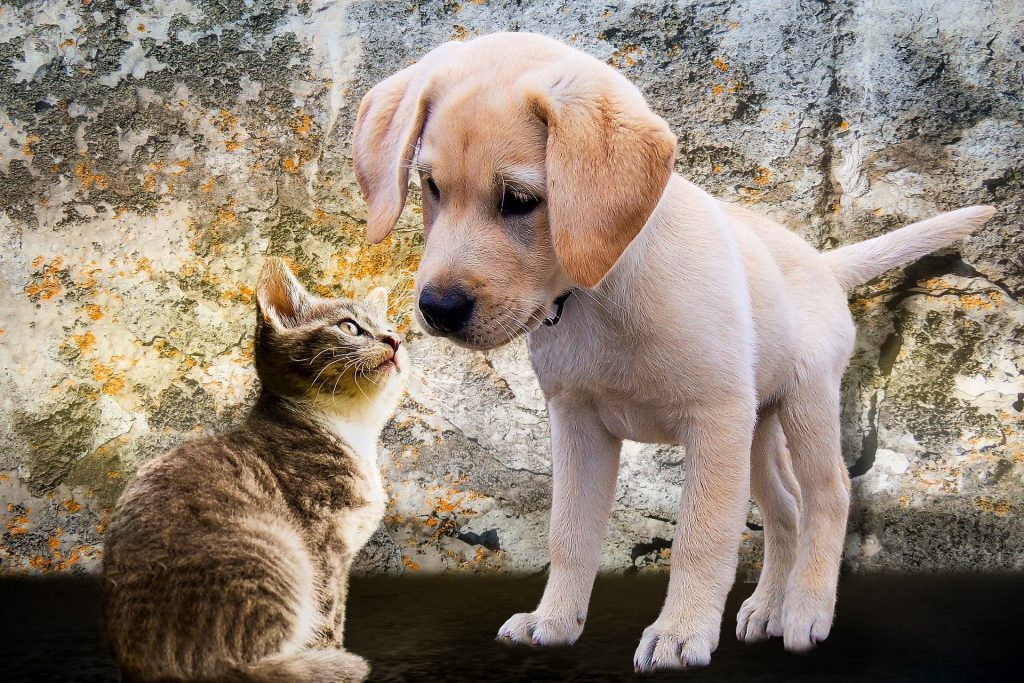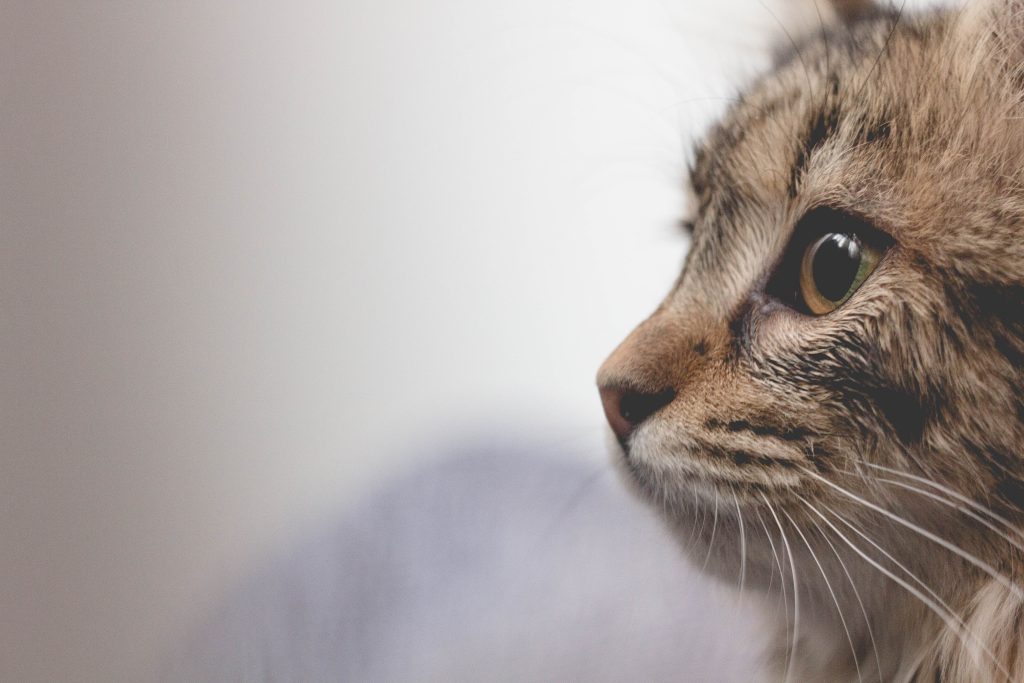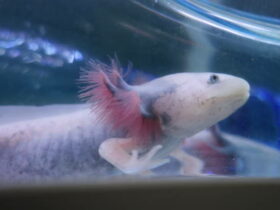
Contents
Can a Cat Get Kennel Cough From a Dog? – Introduction

Kennel cough is a highly contagious virus affecting dogs’ and cats’ upper respiratory tract. Kennel cough is caused by a strain of the Bordetella bronchiseptica bacterium, which can be found in either kennels or pet-friendly houses. Symptoms of kennel cough include dry hacking, runny nose and watery eyes, congestion, sneezing and coughing. Symptoms typically appear within two to four weeks after exposure to the bacteria.
Kennel Cough in Cats | Wag! https://m.youtube.com/watch?v=oiSizImZ_YE
Kennel cough is a highly contagious virus affecting dogs’ and cats’ upper respiratory tract.
It’s caused by a strain of the Bordetella bronchiseptica bacterium, which can be spread from dog to dog or cat to cat through direct contact with infected animals, droplets in the air or on surfaces, or even by eating raw meat contaminated with bacteria.
Kennel’s cough symptoms include the following:
Sneezing
Running nose (nasal discharge)
Coughing Loss of appetite, lethargy and fever are also possible symptoms of kennel cough.
The disease is generally mild but can be more severe in young puppies and kittens. The incubation period for kennel cough is usually one to three days.
Kennel cough is caused by a strain of the Bordetella bronchiseptica bacterium, which can be found in either kennels or pet-friendly houses.
The bacteria are spread through sneezes, coughing and sharing food or toys with other pets.
It’s important to note that not all cats will develop kennel cough from playing with dogs—some may have no symptoms at all.
The most common symptoms of kennel cough are a dry, hacking cough and nasal discharge. However, in some cases, the bacteria may cause pneumonia or an infection in the chest cavity.
Symptoms of kennel cough include dry hacking, runny nose and watery eyes, congestion, sneezing and coughing.
Coughing: Your cat may cough up phlegm, which is yellow and sticky. You’ll know if it’s kennel cough because of the white spots on its chest.
Sneezing: When your pet sneezes, he could have a runny nose or watery eyes—a sign of bacterial infection in the lungs. This can make him feel uncomfortable and irritable. If he stops breathing while coughing up mucus, you should seek veterinary help immediately!
Other symptoms include lethargy and a lack of appetite, which can lead to weight loss. You may also notice your cat has a fever, eye discharge or swollen lymph nodes under his neck.
Symptoms typically appear within two to four weeks after exposure to the bacteria.
Symptoms typically appear within two to four weeks after exposure to the bacteria. They can include coughing and sneezing, runny nose, temperature changes, Loss of appetite and lethargy. The symptoms are often worse in the first 24 hours after exposure but may last up to eight weeks.
The most common symptoms of pertussis are a cough and runny nose. The cough itself is often severe and can last for months at a time. Other symptoms include fever, fatigue, and Loss of appetite.
Can I get kennel cough from my cat? Yes! Pets are just as susceptible to this disease as people are.
Yes! Pets are just as susceptible to this disease as people are. Cats can catch K. pneumoniae from other animals and spread it through their saliva, sharing toys, playing with other cats, or grooming one another.
If your cat has been diagnosed with kennel cough, you must not only prevent your pet from coming into contact with other animals but also take steps to keep them safe while they’re away from home on vacation or at home daycare centers.
Cats can also spread the infection to other pets through grooming and sharing toys or blankets with other animals.
Kittens and cats are also quite likely to get kennel cough from dogs.
It is unknown whether cats can get human kennel cough, but there have been reports of this happening in humans living with cats.
If your cat has been diagnosed with kennel cough, isolate them from other animals until they are no longer contagious.
You should also avoid sharing toys or blankets with other pets until you know how long the infection will take to clear up naturally (up to six months).
Kennel cough is contagious, so keep your pet away from all other animals until you’ve treated them for it.
Keep your pet away from other animals.
Keep your pet away from other people.
Keep your pet away from other pets.
Please keep your pet away from other people and their pets’ pets!
Be sure you have a sound support system in place. You will need people who can watch your cat while you are gone, so be sure they are up to date on all shots and have had their rabies shot at least every three years.

Conclusion
Cats are great pets but can be more challenging to care for than dogs. That’s because cats are more likely than dogs to pick up something like kennel cough or feline leukemia in their environments. There’s nothing you can do about this, especially since the best way to protect yourself is by keeping your cat away from other animals until after they’ve been treated for any illnesses they may have received from them.
More Links :
Male Tabby Cat Life Expectancy: https://adoptanim.com/male-tabby-cat-life-expectncy/
How Far Can Cats Fall Without Hurting Themselves: https://adoptanim.com/how-far-can-cats-fall-without-hurting-themselves/









Leave a Reply